Education
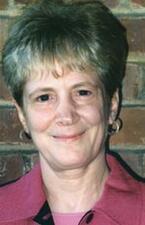
Judith Plaskow
Judith Plaskow is the first Jewish feminist to identify herself as a theologian. Deeply learned in classical and modern Christian theology yet profoundly committed to her own Judaism, Plaskow created a distinctively Jewish theology acutely conscious of its own structure and categories and in dialogue with the feminist theologies of other religions.
Poland: Early Modern (1500-1795)
Polish Jewish Women played a complex role in their society and culture during the early Modern Period. This role was usually gender segregated, but upon a closer look, was more gender flexible than one might think.
Poland: Interwar
A minority habitually ignored by scholars, Polish-Jewish women played important roles in the changing cultural and political framework of the interwar years.
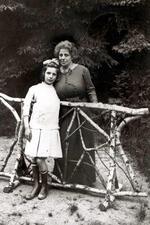
Justine Wise Polier
Tamar De Sola Pool
Born into a family deeply involved in Jewish activism and scholarship, Tamar De Sola Pool spent over a decade as both a Hadassah chapter president and later Hadassah’s national president. She wrote two books in collaboration with her husband, volunteered at displaced persons camps in Cyprus, and helped resettle Jewish children in Palestine with Hadassah.
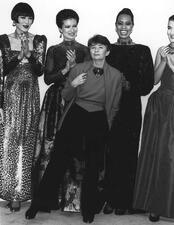
Lucie Porges
Lucie Porges brought a combination of elegance and a relaxed sensibility to her long and fruitful collaboration with top fashion designer Pauline Trigère. As she continued to design, Porges also imparted her immense knowledge in the Fashion Department of the New School for Social Research.
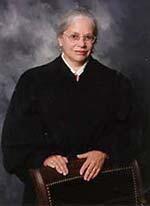
Deborah T. Poritz
Deborah T. Poritz was New Jersey’s first female attorney general and in July 1996, she was sworn in as the first woman chief justice of the New Jersey Supreme Court. She served in that position until she reached the compulsory retirement age of seventy in 2006.
Post-Biblical and Rabbinic Women
IIn antiquity, the treatment of women drew from patriarchal biblical traditions. Despite a few notable exceptions, women had minimal legal rights but were active participants in alternative Jewish sects and could hold office. As rabbinic material was codified, control over women increased, although the literature was not exclusively restrictive towards women.
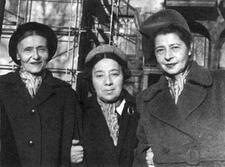
Rikudah Potash
Crowned “the Poetess of Jerusalem” by Sholem Asch, Rikudah Potash wrote in Yiddish about the landscape of her beloved city and its diverse ethnic communities. She brought to Yiddish readers the rarely seen Middle Eastern Jewish woman. Potash’s Jerusalem, both the heavenly and the earthly, was a capacious universe that she inhabited, body and soul, for thirty years.
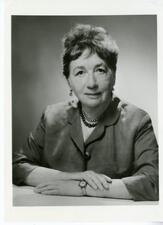
Hortense Powdermaker
Hortense Powdermaker explored the balance of involvement and detachment necessary for participant-observer fieldwork in cultural anthropology, stressing the ability to “step in and out of society.” Her secular Jewish identity was apparently a factor in learning this skill, exemplified in an academic career that included thirty years of college teaching and the writing of five major books based on widely diverse fieldwork studies.
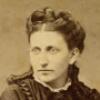
Mary Goldsmith Prag
One of California’s first Jewish educators, Mary Goldsmith Prag came to San Francisco as a young child during the Gold Rush. She became a religious and secular teacher, an administrator, a fighter for equal rights for women, and the mother of the first Jewish congresswoman, Florence Prag Kahn.
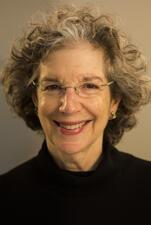
Riv-Ellen Prell
Anthropologist Riv-Ellen Prell initiated ethnographic study of ordinary American Jews that paid attention to religion, gender, ritual, and cultural performance. Her work addresses the primacy of gender in twentieth-century Jewish life and looks at economic and power relations often expressed through negative stereotypes of Jewish women.
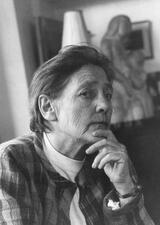
Psychology in the United States
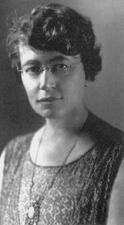
Jennie Franklin Purvin
Jennie Franklin Purvin was one of a few Jewish women to become prominent in both civic and Jewish communal work in Progressive Era Chicago. Of her many efforts to improve the city, Purvin’s most visible and long-lasting accomplishment is the beachfronts on Lake Michigan for swimming and recreation.
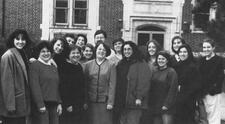
Rabbis in the United States
Since 1972, when Sally Priesand became the first woman in the world ordained by a rabbinical seminary, hundreds of women have become rabbis in the Reform, Reconstructionist, and Conservative movements. In recent years, womenhave also entered the Orthodox rabbinate, using a variety of titles, including rabbi.
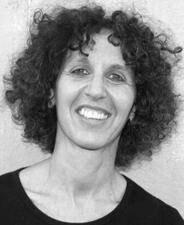
Linda Rabin
Linda Rabins’s education and career as a dancer, teacher, and choreographer was global and eclectic, making her a unique dance artist. She has studied dance, healing arts, and somatic education all over the world from Israel, Japan, to Canada. She is known for co-founding and co-directing the Linda Rabin Danse Moderne in Montréal, which evolved into Les Ateliers de Danse Moderne de Montréal (LADMMI).
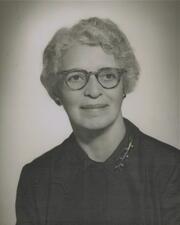
Sophie Rabinoff
Sophie Rabinoff used the skills she honed as a doctor in Palestine to improve health care in some of the worst slums in New York. Her innovative work helped to establish the fields of public health and preventive medicine in both the United States and Palestine.
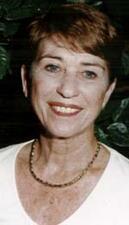
Daniella Rabinovich
Following decades of intensive work in management of Israeli music institutions, Daniella Rabinovich became a leading figure in the field in Tel Aviv in the 1980s and 1990s, serving as director of the Tel Aviv Conservatory.
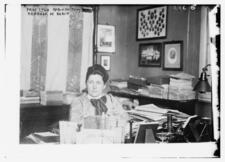
Lydia Rabinowitsch-Kempner
An outstanding bacteriologist and a leading figure in the feminist movement of women scientists in Germany in the first three decades of the twentieth century, Lydia Rabinowitsch-Kempner was a pioneer among women scientists, an exception among the first generation of women scientists in her combination of career and family.
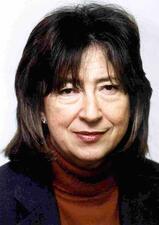
Frances Raday
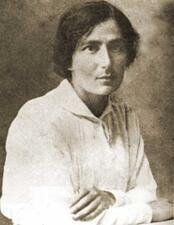
Rahel Bluwstein
The "founding mother" of modern Hebrew poetry by women, Rahel Bluwstein achieved in death the status of a national cultural icon. Rahel’s affiliation with the avant-garde group of Second Aliyah pioneers to pre-state Palestine, her dedication to Zionist ideals, and her agonizing death made her a beloved pioneering figure in Israel.
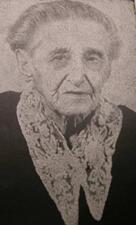
Puah Rakovsky
Puah Rakovsky dedicated her life to working towards the empowerment of Jews, particularly of Jewish women. She was a revolutionary woman, taking on important roles as an educator, translator, organizer of women, and an early socialist Zionist.
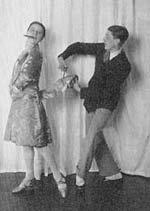
Marie Rambert
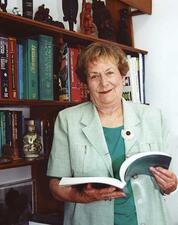
Bracha Ramot
Flora Sophia Clementina Randegger -Friedenberg
Born in Italy in 1825, Flora Sophia Clementina Randegger-Friedenberg was a persistent educator and writer. She is best known for the publication of her Jerusalem journal, which shared her extraordinary experiences in a way that combined messianic hope and the enlightenment ideals of knowledge and progress.


